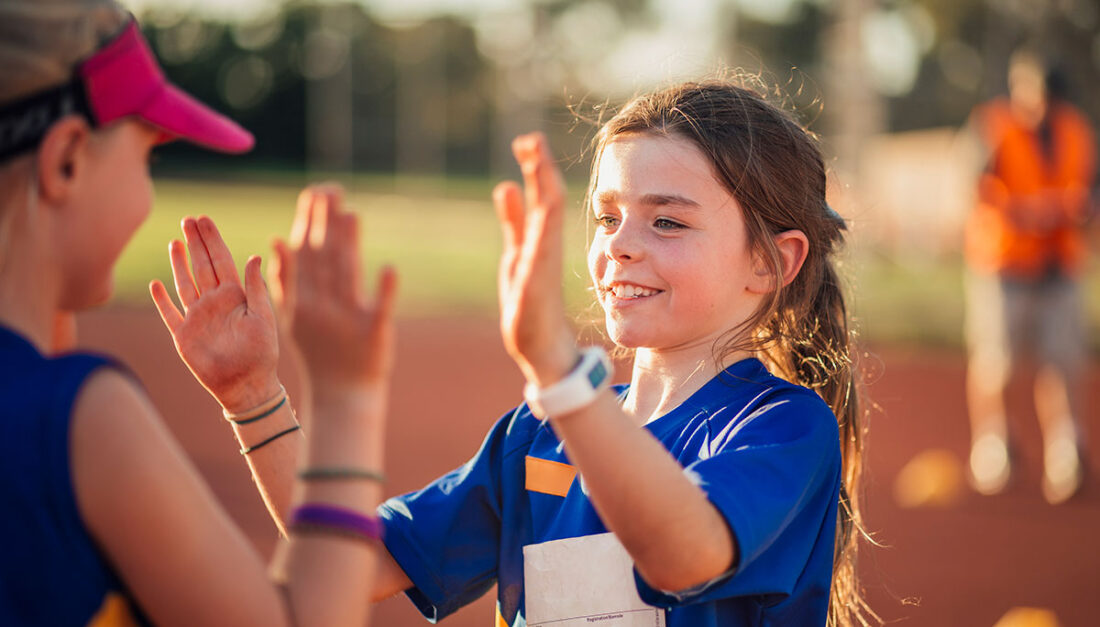Foster Parents Help Kids in Foster Care Overcome Impact of Trauma

Experiencing trauma can disrupt many aspects of a child’s development. Being exposed to traumatic experiences activate the part of the brain responsible for survival, which can lead to behaviors focused on protection. With the brain focused on dealing with those difficult experiences, the development of age-appropriate skills — such as regulating emotion or solving problems — can take a back seat.
Without these skills, children may struggle navigating the steps needed to develop their identity and connect with opportunity, according to social worker Kristine Kinniburgh. “We want to help kids expand how they view themselves beyond the trauma they’ve experienced.”
Kinniburgh and clinical psychologist Margaret Blaustein are co-authors of ARC Reflections, a nine-session training curriculum for foster parents and kin caregivers. A collaboration between the Casey Foundation and the Justice Resource Institute, ARC Reflections provides knowledge about the effects of trauma and techniques to support healing and healthy development.
During ARC Reflections training, foster parents learn how to:
- identify patterns and situations that either soothe or upset a child;
- help children build skills in regulating their emotions and behavior;
- strengthen healthy attachments between kids and caregivers; and
- manage their own responses to trying circumstances.
Decision making, including the ability to recognize cause and effect and evaluate choices, is a critical competency promoted by ARC Reflections. “Part of our goal is to help kids be curious, solve problems and feel a sense of empowerment,” says Blaustein. “Development of decision-making and other skills is intensely predictive of how kids will fare, not just in a given year, but over longer periods of time — 20 or 30 years — because strength builds upon strength.”
Everyday activities, including family, solitary and peer-to-peer play, provide opportunities for children to feel successful and powerful. A vital but often overlooked part of healthy development, play provides opportunities for socializing and skill building. The simple act of tossing a ball back and forth with a child, accompanied by caregiver recognition and praise, can contribute to increasing a child’s sense of competence.
All ARC Reflections materials are available online, free of charge. These materials, which incorporate everything a child welfare agency would need to conduct the training with caregivers, include an implementation guide, PowerPoint presentations, facilitator guides and more.






